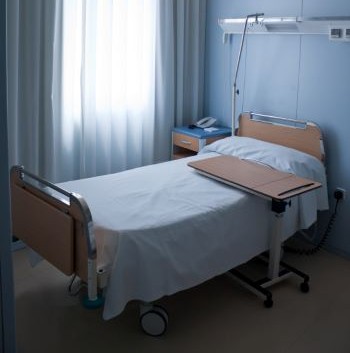In the period immediately following release, formerly incarcerated people are 12 times more likely to die than the general population
By Khalil A. Cumberbatch New York Daily News:

Returning home from prison is a profoundly emotional experience. It can also be a deadly one. In the period immediately following release, formerly incarcerated people are 12 times more likely to die than the general population, from causes ranging from heart disease to suicide and drug overdose.
I’ve weathered the prison-to-community transition, and I helped countless others through it while working at several reentry organizations in New York. For most people on that journey, obstacles such as homelessness, unemployment and fractured community support are exacerbated by another daunting, and sometimes lethal, challenge — an interruption in health care.
Justice-involved people have higher rates of physical and mental health problems, from hypertension to asthma, cancer, infectious diseases and substance use disorders. Once released from jail or prison, they lose medications for such conditions, and reestablishing prescriptions, supportive care and health coverage is a slow and frustrating process.
In New York, the need — and challenges — are enormous. In 2019, there were 22,489 discharges from prisons and 170,683 from jails, 42,033 of those in New York City alone. Earlier data on people released from city jails show that one in four had mental health conditions, while two out of three struggled with substance use.
When I was on Rikers Island, I saw people enter its methadone detoxification units every day and receive treatment critical to recovery from opioid addiction. I saw those same people pushed out the front door with little, if any methadone supply to help them during reentry. Those with cancer, HIV/AIDS and other chronic illnesses typically have a similar experience.
Another hurdle for those exiting the system is finding a health care provider, especially one with the training in the complex web of conditions experienced by many leaving prison or jail. Locating a clinician and scheduling appointments can be overwhelming. And then there’s this question: Do you disclose your formerly incarcerated status and risk shame or differential treatment? Many don’t and fail to get the specialized care they need.
Overlaying such challenges is the absence of routine record-sharing between correctional facilities and organizations on the outside. In many jurisdictions, antiquated record-keeping — including paper files — is the norm, making continuity of care especially difficult. Differing data privacy rules across the health and justice systems complicate things further.
